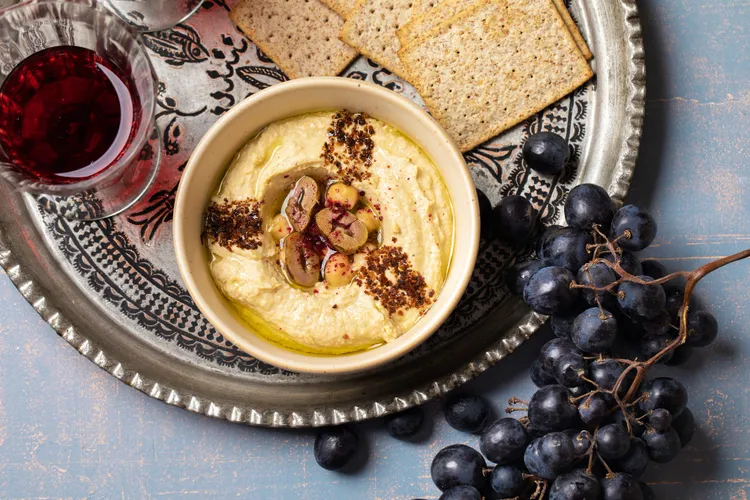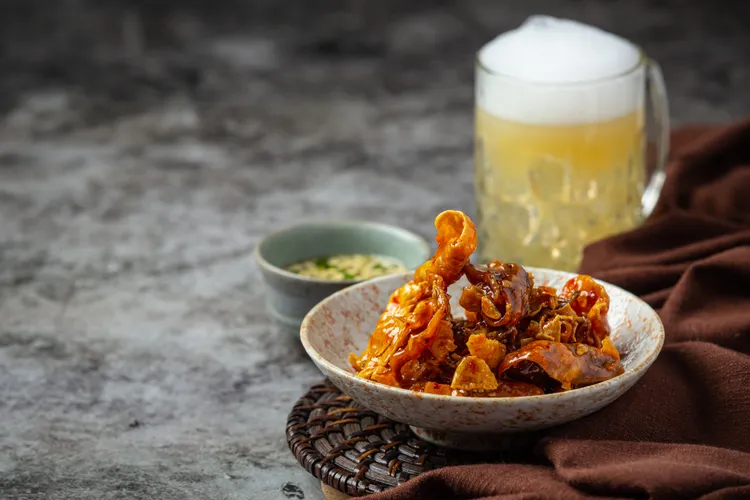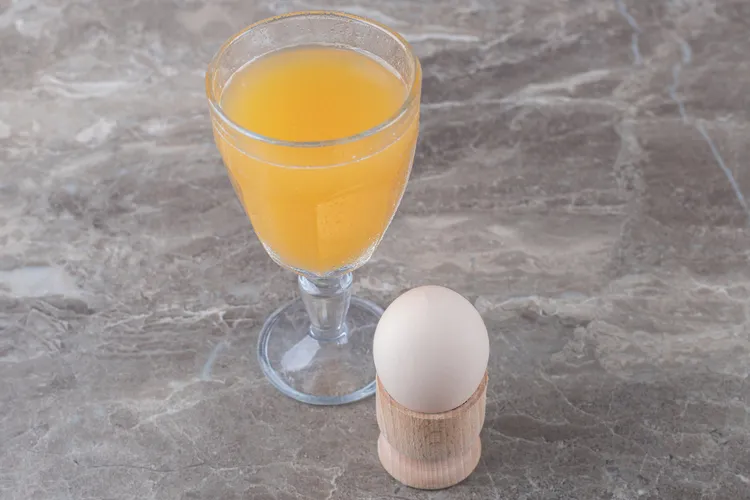10 Foods to Eat When You're Burnt Out
Burnout isn’t just a buzzword - it’s a very real state of physical, emotional, and mental exhaustion caused by prolonged stress, overwork, or emotional strain. Whether you're a busy professional, a caregiver, a student, or someone juggling too many responsibilities, burnout can creep in and take a toll on your body and mind.

Replenish Energy, Restore Focus, and Recharge Your Mind Naturally
While rest, boundaries, and self-care are non-negotiable when you're feeling depleted, nutrition plays a powerful and often overlooked role in recovery. The right foods can help rebalance hormones, support the nervous system, regulate mood, and replenish lost energy.
If you're feeling foggy, fried, or just emotionally flatlined, here are 10 powerful foods to eat when you're burnt out, along with why they work.
- Avocados
Why It Helps:
Avocados are packed with healthy monounsaturated fats, magnesium, and B vitamins, all of which support brain function and mood regulation. Magnesium, in particular, helps relax the nervous system and reduce feelings of anxiety and fatigue.
Burnout Benefits:
- Supports neurotransmitter function
- Stabilizes blood sugar
- Provides long-lasting energy
How to Use It: Add to toast, salads, smoothies, or make guacamole for a nutrient-dense snack.
- Salmon
Why It Helps:
Rich in omega-3 fatty acids, salmon helps reduce inflammation and improve brain function. It also supports serotonin production, which is often depleted during burnout.
Burnout Benefits:
- Boosts mood
- Reduces brain fog
- Supports adrenal function
How to Use It: Grill or bake with herbs, or flake into a salad or wrap.
- Oats
Why It Helps:
A comforting bowl of oats delivers complex carbohydrates, iron, and B vitamins - all essential for keeping energy levels steady and boosting mood. It also supports serotonin production naturally.
Burnout Benefits:
- Provides slow-releasing energy
- Reduces cortisol spikes
- Promotes a sense of calm
How to Use It: Prepare overnight oats, warm oatmeal, or oat-based energy bites.
- Leafy Greens
Why It Helps:
Spinach, kale, Swiss chard, and arugula are all high in folate, magnesium, and iron, which help combat fatigue, brain fog, and irritability.
Burnout Benefits:
- Reduces oxidative stress
- Detoxifies the body
- Restores depleted nutrients
How to Use It: Add to smoothies, salads, grain bowls, or sauté with garlic.
- Nuts and Seeds
Why It Helps:
Almonds, walnuts, flaxseeds, and sunflower seeds are nutrient-dense powerhouses packed with healthy fats, zinc, vitamin E, and protein. These nutrients help stabilize mood and reduce inflammation.
Burnout Benefits:
- Supports neurotransmitter function
- Sustains energy without a crash
- Helps regulate mood swings
How to Use It: Eat a handful raw, add to oatmeal or yogurt, or blend into nut butter.
- Eggs
Why It Helps:
Eggs are an excellent source of choline, which is crucial for brain function and memory. They're also loaded with high-quality protein and B12, which supports energy and nervous system health.
Burnout Benefits:
- Rebuilds depleted energy stores
- Supports mental clarity
- Easy to digest and versatile
How to Use It: Scrambled, boiled, poached, or in a veggie-packed omelet.
- Blueberries
Why It Helps:
Blueberries are rich in antioxidants and vitamin C, helping reduce oxidative stress and inflammation. They also protect the brain from stress-related damage.
Burnout Benefits:
- Enhances cognitive function
- Reduces cortisol levels
- Supports immune health
How to Use It: Add to smoothies, yogurt, oatmeal, or eat by the handful.
- Sweet Potatoes
Why It Helps:
Sweet potatoes are packed with beta-carotene, vitamin C, and complex carbs, making them an ideal food for energy recovery. They help keep blood sugar levels stable and support adrenal health.
Burnout Benefits:
- Promotes steady energy
- Supports hormone balance
- Comforting and nourishing
How to Use It: Roast, mash, or cube into a salad or grain bowl.
- Dark Chocolate
Why It Helps:
In moderation, dark chocolate is a burnout-friendly treat. It contains flavonoids, iron, and natural stimulants like theobromine that boost mood and cognition without overloading your system like caffeine.
Burnout Benefits:
- Enhances mood naturally
- Improves focus and memory
- Satisfies cravings mindfully
How to Use It: Enjoy a square or two of 70%+ dark chocolate or melt into a smoothie.
- Fermented Foods
Why It Helps:
Foods like kimchi, yogurt, kefir, sauerkraut, and miso are full of probiotics, which support a healthy gut microbiome. A healthy gut means better mood regulation, improved digestion, and a stronger immune system - all things that suffer during burnout.
Burnout Benefits:
- Supports serotonin production (90% is made in the gut!)
- Reduces inflammation
- Boosts immunity
How to Use It: Add a tablespoon to your meals or enjoy yogurt with fruit.
Bonus Hydration Tip: Drink Electrolyte-Rich Fluids
When burnt out, people often forget to hydrate. But your body needs more than just water - it needs electrolytes like magnesium, potassium, and sodium to restore balance. Add a pinch of sea salt to your water, sip coconut water, or make a homemade rehydration drink with lemon, honey, and salt.
Burnout Recovery Isn’t Just Mental - It’s Nutritional
Recovering from burnout isn’t about powering through or pushing harder - it’s about nourishing yourself back to life, one mindful bite at a time. These 10 burnout-busting foods won’t fix everything overnight, but they’ll help your body rebuild, restore balance, and support the healing your mind so deeply needs.
So slow down, eat with intention, and give your nervous system the nourishment it’s been begging for.









